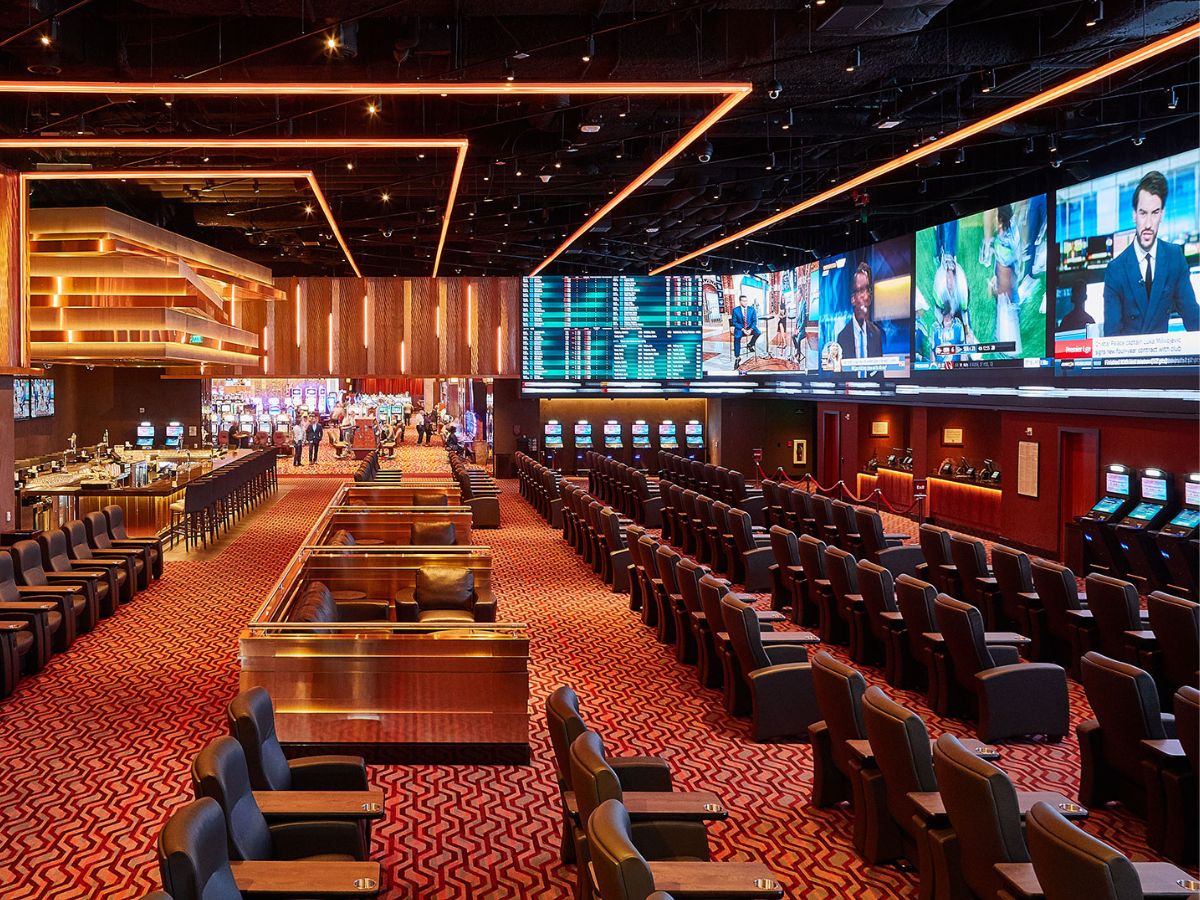
Casino games have long been a staple in human culture, providing not just entertainment but a intriguing reflection of our dreams, ambitions, and concerns. From the spinning reels of a slot machine to the strategic gameplay of poker, these games represent a spectrum of human feelings and incidents. At their core, casino games are more than a chance to earn cash; they are a reflection of life itself, where risk and reward merge and luck can change in an moment.
As players convene around tables or sit in front of brightly lit machines, they engage in a tradition that transcends mere gambling. These games reflect our natural desires for social interaction, adventure, and the search for fortune. They also reveal deeper truths about human behavior, such as our relationship with luck and the adrenaline of the unknown. In exploring casino games, we reveal not only the rules of play but also the intricate pattern of the human journey, showcasing our intertwining narratives of aspiration and reality.
The Mind Behind Gambling
Wagering is deeply rooted in the psyche of individuals, tapping into various feelings and wants. The excitement of risk-taking is a core aspect that draws players in, whether it’s thrill of spinning a roulette or the excitement of drawing a winning hand in a poker game. This rush of adrenaline is frequently likened to other forms of thrill, as the uncertainty of outcomes triggers a distinct psychological response. Players often become entranced by the chance of winning big, leading to an almost magnetic draw toward casino games.
Another, an essential component of the psychology behind gambling is the concept of optimism and aspiration. Participants often nourish fantasies of financial freedom and the luxurious lifestyle that can accompany winning. This hope fuels their continued participation in casino games, as it provides a sense of purpose and the conviction that a life-changing win could be just one bet away. The story of overcoming odds and achieving success resonates with many, strengthening their dedication to play and engage with these games.
Finally, social dynamics play a crucial role in gambling psychology. autoesclusione adm Casino environments are designed to foster social interaction, where players gather to share the experience of wins and losses. This shared aspect not only enhances enjoyment but also influences behavior, as individuals often mimic the actions of others around them. The collective approval found in shared excitement can enhance the emotional experience, making casino games a reflection of not just personal desires but also collective engagement within the gaming community.
### Risk and Reward: A Double-Edged Sword
Casino games embody the subtle balance between danger and gain that resonates deeply with human psychology. The excitement of placing a bet is often accompanied by a jolt of energy, as gamblers are confronted with the prospect of winning big, yet fully aware of the possibility to suffer losses. This bipartisan experience reflects a fundamental aspect of life: the decisions we face often come with inherent risks, and the pursuit of reward can push us to make risky moves we might not otherwise consider. In this way, gambling activities echo real-world choices, enticing gamblers to gamble not just their funds, but also their hopes.
The allure of grand jackpots and payouts fuels a wave of hope, motivating players to imagine a brighter future that could arise from a fortunate turn of the roulette or dealing of a hand. This hope can motivate individuals to engage in riskier behaviors, pushing them to take greater risks in search of financial gain. However, just as in life, the results of these decisions can lead to both victory and loss. The narratives of both jackpot winners and those who have lost everything at the tables demonstrate the random nature of luck and its consequential impact on our existence.
Ultimately, the experience of engaging with gambling activities serves as a strong reminder of the human condition. Every game played is loaded with the tension of uncertainty, as players weigh the rewards against the risks. This balance not only highlights the thrill that comes with betting but also reveals the risks that come with the urge for more. As we explore the challenges of decision-making and consequence in both the casino and in life, we find that the quest for gain shapes our character and lives in deep ways.
Community and Solitude in Gambling Culture
Gambling environment is a distinct blend of social engagement and individual pursuit, reflecting the dualities of individual experience. Gamblers often gather around tables, sharing in the thrill of the game, rejoicing in wins, and commiserating over losses. This communal aspect is essential, as it fosters a sense of belonging and bonding among diverse groups of individuals. Regular attendees to gaming establishments may form friendships and establish routines, turning the gambling venue into a alternative home where they feel connected to a larger community of gamblers.
However, the allure of casino activities can also lead to isolation. As players become engrossed in the thrill of playing, they may isolate from personal relationships or neglect to engage with the world outside the casino. For some, the search of a windfall can distract from real connections, leading to loneliness. The situation of being surrounded others yet feeling solitary is not uncommon, as the attention shifts from shared enjoyment to the individual concerns of each player’s journey.
This interplay of society and solitude creates a vivid mosaic that defines gaming atmosphere. It showcases the complexity of social interactions, where happiness and sorrow exist together. Gambling venues serve as both a sanctuary for social interaction and a stage for individual struggles, illustrating how deeply connected our desire for connection and the personal quest for fortune can be. In navigating this landscape, gamblers confront their own stories—seeking both the thrill of the game and the companionship of other players, eventually mirroring the wider spectrum of human experience.